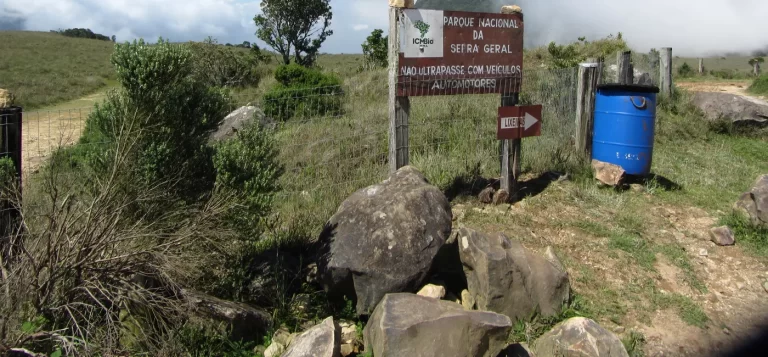IGTOA Urges Limiting Land-Based Tourism in Galapagos Islands

The International Galapagos Tour Operators Association (IGTOA) has called for a cap on the growth of land-based tourism in the Galapagos Islands, responding to UNESCO’s 2023 State of Conservation Report. In a letter to Ecuador’s UNESCO delegate, IGTOA encouraged the country to follow through on a zero-growth tourism strategy committed to in 2017 but yet to be implemented.
While the Galapagos Islands, part of Ecuador, have stricter regulations for ship-based tourism, land-based tourism is less controlled. The Ministry of Tourism’s data reveals that, without regulation, the islands could potentially host one million visitors annually by 2041, posing threats like stress and pollution, resulting in reduced animal births due to overtourism.
The Galapagos Islands are renowned for their ecological purity and unique species. Well-managed tourism can help protect the islands, but unregulated growth could be disastrous.


Ship-based tourism has been regulated since 1998, capping the passenger fleet’s capacity and annual visitor numbers. However, all tourism growth since then has been in land-based tourism.
IGTOA suggests limiting land-based tourism by raising visitor fees and adopting a conservation approach seen in destinations like the Serengeti. They propose capping the number of hotels and land-based tourists, aligning with ship-based visitor restrictions maintained for nearly 25 years.
While such regulations may make Galapagos travel more exclusive, they are considered crucial for the long-term sustainability of this fragile ecosystem.







